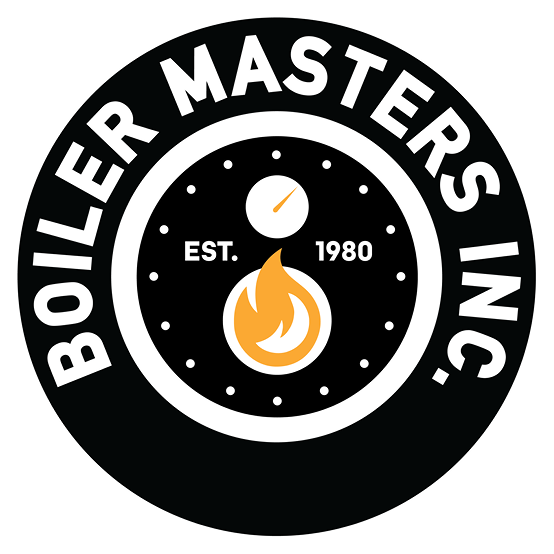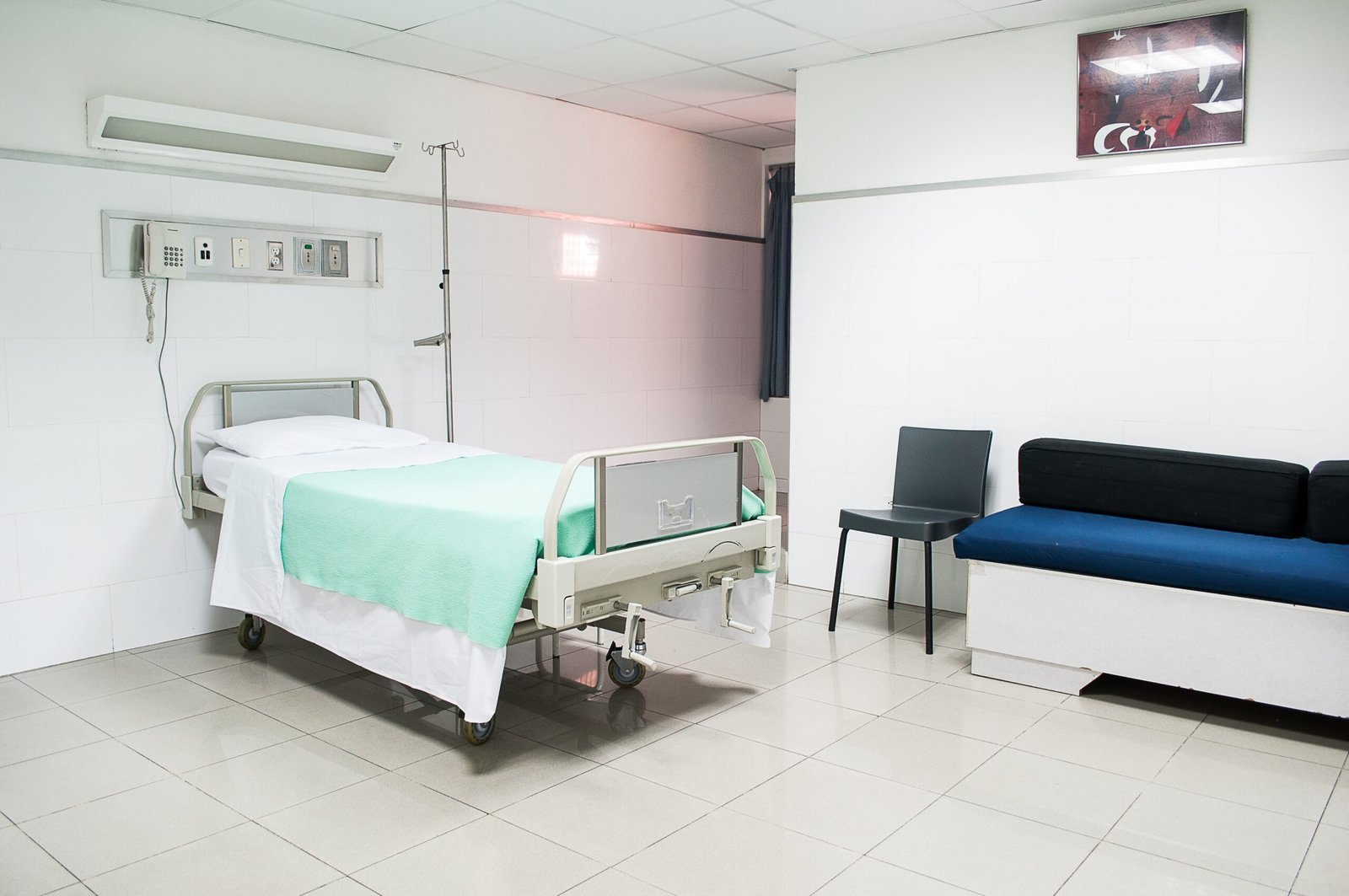In the healthcare industry, maintaining a comfortable and safe environment for patients and staff is of utmost importance. One crucial aspect of this is ensuring the availability of warm air and maintaining the humidity level within the recommended range of 30% to 60%. This not only provides comfort but also helps prevent the development of certain viruses, mold, and bacteria. Hospital boilers play a vital role in achieving these objectives.
Hospital boilers are designed to handle the seasonal steam load demands that are required to heat large buildings, especially during cold winters. These boilers are typically equipped with watertube steam technology, which allows for rapid steam generation and warmth when needed. With a quick 5-minute start-up time, they can efficiently respond to the fluctuating demands of the medical facility.
One important application of hospital boilers is the provision of steam for autoclave sterilizers. Autoclaves are used to sterilize medical tools and instruments that are crucial for performing surgeries and other medical procedures. Steam is the preferred method for sterilization as it is safe, effective, and ensures that the equipment is free of germs and bacteria.
The use of steam in autoclave sterilizers offers several advantages over alternative sterilization methods. Firstly, steam sterilization is a non-toxic process, eliminating the need for potentially harmful chemicals. This makes it a safer option for both patients and healthcare professionals. Additionally, steam can penetrate even the smallest crevices and cavities, ensuring thorough sterilization of the equipment. This is particularly important for delicate and intricate surgical instruments.
Hospital boilers are designed to provide a reliable and consistent supply of steam to meet the demands of autoclave sterilizers. These boilers are equipped with advanced controls and safety features to ensure the efficient and safe operation of the system. Regular maintenance and inspections are conducted to ensure that the boilers are functioning optimally and meet the stringent requirements of the healthcare industry.
Apart from providing steam for sterilization purposes, hospital boilers also contribute to other essential functions within medical facilities. They are responsible for providing heat and hot water for various applications, such as patient rooms, operating theaters, and laundry facilities. The ability of hospital boilers to handle the diverse needs of a medical environment is crucial for the overall comfort and well-being of patients and staff.
In conclusion, hospital boilers are an integral part of the healthcare industry, ensuring the availability of warm air and maintaining optimal humidity levels. With their ability to handle seasonal steam load demands and provide rapid steam generation, these boilers play a crucial role in keeping medical facilities running smoothly. The use of steam in autoclave sterilizers further enhances the safety and effectiveness of the sterilization process. Hospital boilers are designed and maintained to meet the stringent requirements of the healthcare industry, contributing to the overall comfort and safety of patients and staff.


